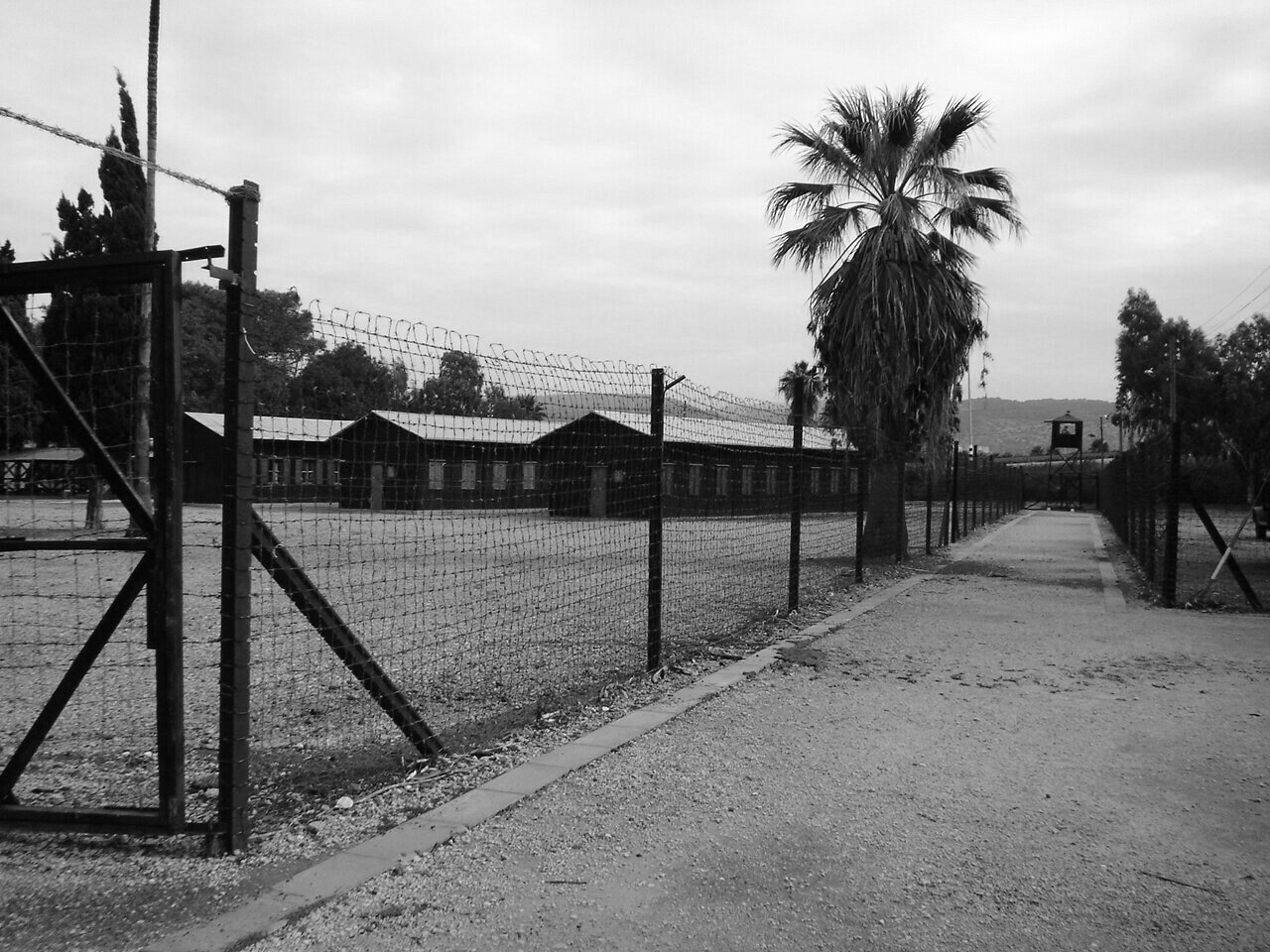
Survivors were eager to move on in the aftermath of the Holocaust.
Many married soon after they were liberated and began new families, but the trauma they had experienced was hard to overcome. Expressing emotions was difficult for survivors who silently mourned for their murdered family members and their hopes and dreams of pre-war life. Some survivors were able to reunite with family members, allowing for these survivors to share the experiences they faced. For sole survivors, however, they were forced to face an uncertain future alone.
The effects of the prolonged isolation by Holocaust survivors lasted long beyond liberation. Their experiences shaped how they lived their lives, how they raised their children, and how they saw the world.
The effects of their experiences have been shown to affect their children both physically and psychologically. Many survivors, who had compartmentalized their pain, refused to share their experiences with their children.
Children of survivors, known as second generation survivors, have also been found to have unusual levels of cortisol, a hormone released in response to stress. The second generation are also four times more likely to be depressed and anxious than the average person, even suffering from symptoms of PTSD themselves. It is now believed that prolonged periods of intense physical or mental trauma can make subtle changes in how a person’s genes are expressed, and those changes can be passed down through multiple generations.

Jack lost twenty-seven members of his family. At age sixteen, he was the sole survivor. He thought about what the Nazis had done to him and his loved ones, and he decided right then that it was up to him to stop the hatred that caused this to happen in the first place.
When he reached Salonika, Sam found a few friends still living, but he never found any family members. Fewer than one hundred Jews had returned to Salonika—once the largest Jewish community in Greece.
Watch Sam’s testimony HERE
Margot became depressed and spent time in a mental hospital. While she was at the hospital, she met a woman who had also survived the Holocaust. The new-found friend was the sole survivor of her family and was unable to deal with the guilt of living when her family members died. Margot also felt guilty for living when her mother had not.
The transition to life in the United States was difficult for Ruth and Felix because they didn’t speak English. Felix went to work for a storeowner who also spoke Yiddish, but Ruth stayed home by herself, too frightened to go out. She was a very nervous mother because of what she had endured.
While naming the people in her family photos, she revealed that her whole family perished in the war.
Ruth worked diligently with her sisterhood organization, Hadassah, and B’nai B’rith, but her suffering continued into her later years. Ruth tried to follow the advice of her friend, Dr. Wildstein: ‘To all people, a little dose of trust. [We should] turn the page of the book.’ This means that we should move on with our lives and not become bitter or mistrustful. Over the years, other refugees came to visit her because they had so much in common. They never forgot, nor should we.
In the following videos survivors Susanne Jalnos and Rose Williams discuss how they still struggle with the aftermath of their experiences.
Learn more about the psychological aftermath of trauma from our partners at Jewish Family Services.
Now that you know the trauma that survivors of the Holocaust went through, what will you do to honor their memory?

Now that you know…
Take Our Exhibit Survey

Exhibit Panels Navigation | Introduction // Intimidation // Exclusion // Separation // Loss // Survival // Aftermath
presented by










